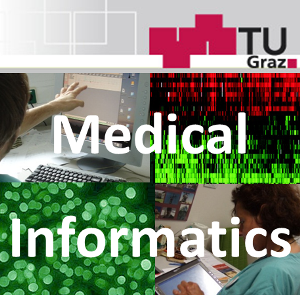Für die 45. Ergänzungs-Lieferung des Handbuch E-Learning haben wir einen Artikel zu Podcasts in der Hochschule gemacht. Sämtliche Erfahrungen die wir in all den Jahren gemacht haben, sind hier zusammengefasst und übersichtlich dargestellt.
Zusammenfassung:
Aufzeichnungstätigkeiten von Lehrveranstaltungen können die Lehre und das Lernen in vielfältiger Weise sehr unterstützen. Oft jedoch schrecken Lehrende vor den technischen Herausforderungen zurück. Dabei ist es gerade mit den heutigen Mitteln nahezu kinderleicht geworden, Videos zu produzieren und einer breiten Öffentlichkeit über das Internet zur Verfügung zu stellen. Dieser Artikel zeigt auf, dass es auch ohne technisches Spezialwissen möglich ist, qualitativ ausreichend hochwertige Aufnahmen im Lehrbetrieb zu ermöglichen. Darüber hinaus stellen wir aber auch Methoden und Praxen vor, die professionelle Aufnahmetätigkeiten im gegebenen Rahmen widerspiegeln. Dabei legen wir besonderes Augenmerk auf die jeweiligen didaktischen Vor- und Nachteile der unterschiedlichen Aufnahmemöglichkeiten sowie einzelner Arbeitsschritte. Unsere Botschaft: Aufzeichnen kann jeder! Die Lernenden sind begeistert!
Achtung, Kamera läuft! Der aufgezeichnete Unterricht – Tipps und Tricks für Podcasts im Lehr- und Lernbet… by Martin
Klicken Sie auf den unteren Button, um den Inhalt von www.scribd.com zu laden.
Zitation: Nagler, W., Ebner, M. (2013). Achtung, Kamera läuft! Der aufgezeichnete Unterricht – Tipps und Tricks für Podcasts im Lehr- und Lernbetrieb. In K. Wilbers & A. Hohenstein (Hrsg.), Handbuch E-Learning. Expertenwissen aus Wissenschaft und Praxis – Strategien, Instrumente, Fallstudien. Köln: Deutscher Wirtschaftsdienst (Wolters Kluwer Deutschland), 45. Erg.-Lfg. Jänner 2013. pp 1-25.

